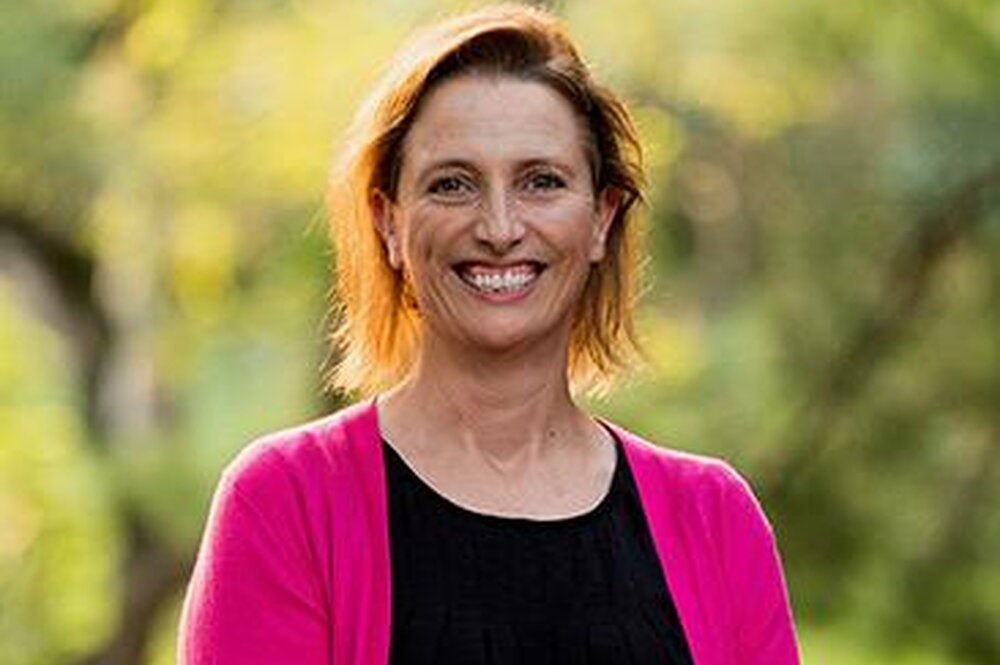

Put food in front of men and women who are insecure about their body image, and how do they respond? The women eat less, while the men eat more, says lead researcher Kristen Harrison, a speech communication professor in LAS.
For this experiment, 222 women and 151 men, all of average weight, were told they would be evaluating the appeal of page layouts for a magazine under development. In the process, some of the subjects were exposed to pictures of men and women with "ideal" body images. Then, while the subjects filled out follow-up questionnaires, food was made available for them to eat.
The result: Men who expressed insecurity about their bodies ate more than other men after being exposed to the ideal body images; women who expressed insecurity ate less than other women.
Harrison says people concerned about the country's obesity epidemic might respond to the women's abstinence with, "'Good! This is what should happen.' But the fact that this happens even to skinny women means that such weight loss could be unhealthy.
"Similarly," Harrison adds, "a man who is vulnerable to ideal-male images may be moved to eat even when he is not hungry, just to reassure himself and other men that he is sufficiently masculine."


